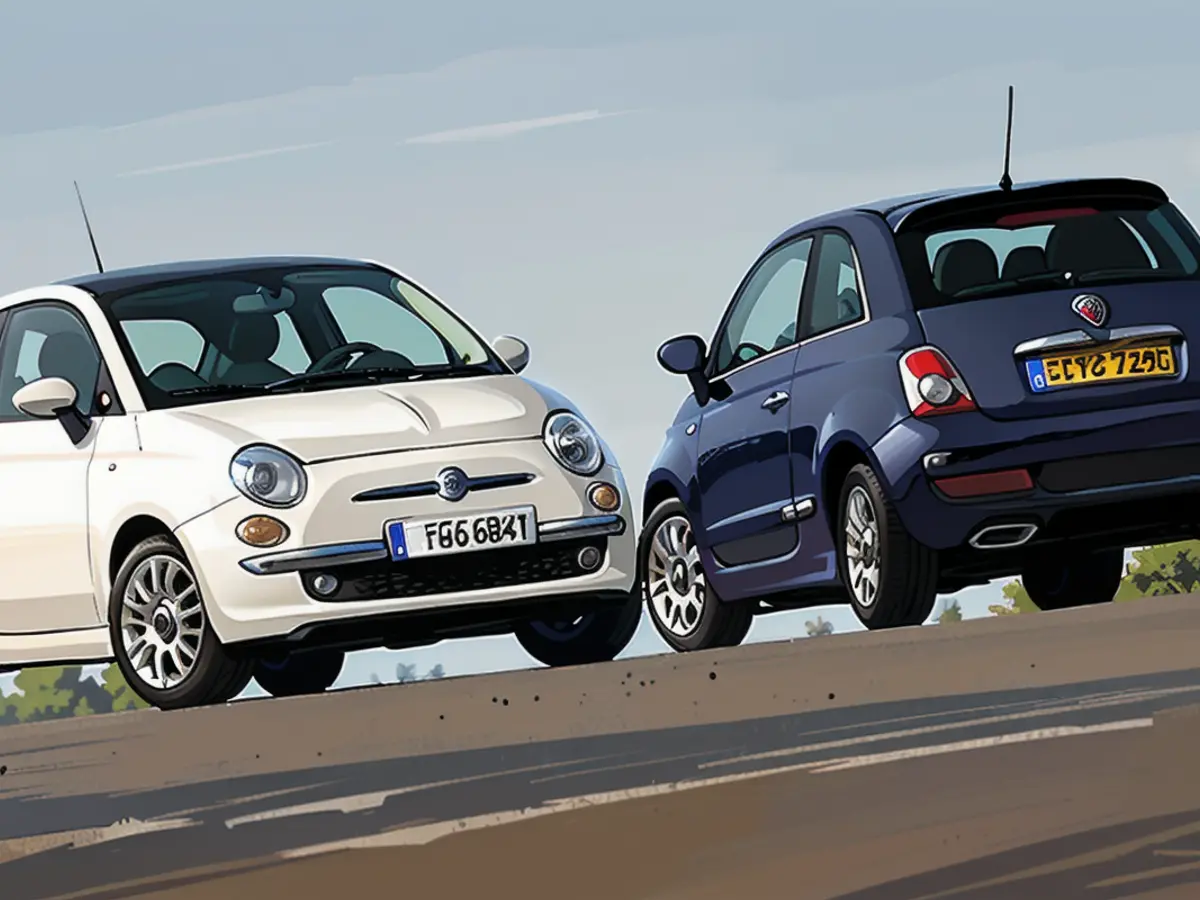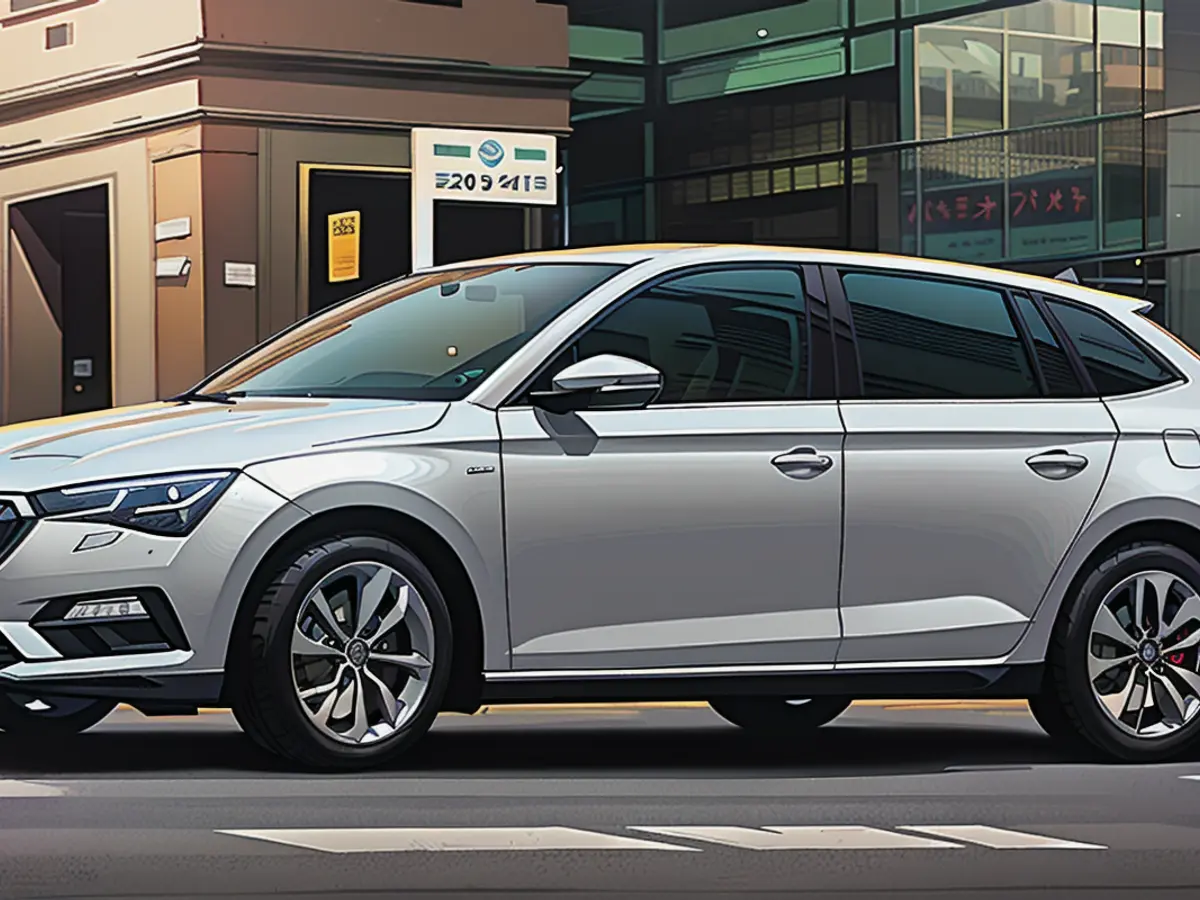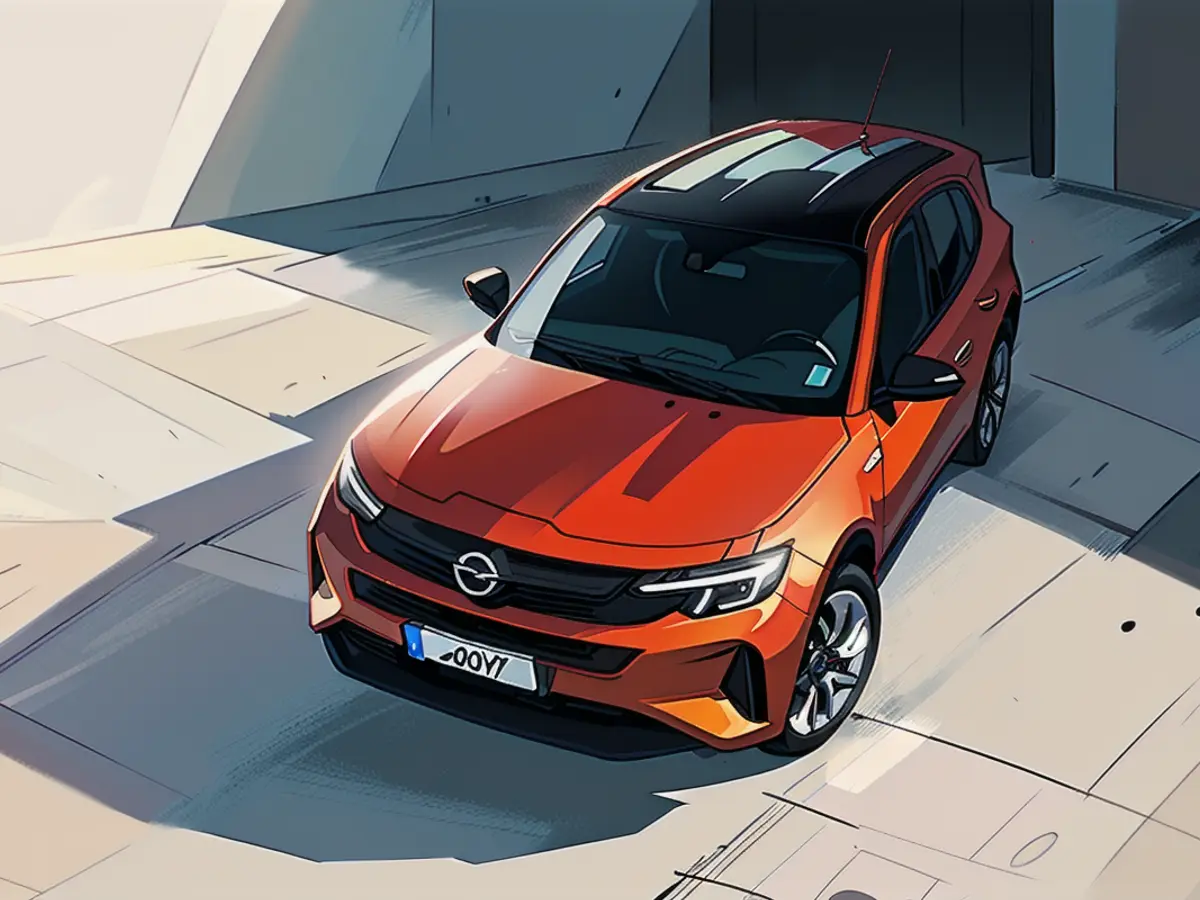New technology for e-cars - Sodium instead of lithium: the battery revolution has begun in China
Production of the first electric cars with sodium-ion batteries has begun in China. According to "CarNewsChina", the Anhui Jianghuai Automobile Group Corporation, or Jac for short, is now producing the first series vehicle with this technology, the Yiwei EV. This is big news for the industry.
The vehicles have been rolling off the production line since the end of December 2023, with the battery apparently coming from the supplier Hina. With a 25-kilowatt-hour battery pack, the car should be able to travel around 250 kilometers according to the Chinese CLTC standard and charge the battery from 10 to 80 percent in just 20 minutes.
If the figures are anywhere near accurate in reality, this would be a remarkable achievement - but sodium batteries are about more than just range or the most efficient charging window possible. The technology is said to be able to play an essential role in the energy transition. There are several reasons for this.
Sodium batteries have many advantages
Firstly, sodium batteries are said to be easier to maintain than conventional lithium cells. Above all, sodium should not suffer as much from the cold as is the case with current batteries. This means fewer weather-related restrictions, no conditioning for the fastest possible charging and constant access to full capacity in a fairly wide temperature window. Secondly, sodium is not nearly as rare or expensive as lithium. On the contrary: sodium is the sixth most common element. It is therefore possible to mine large quantities under comparatively environmentally friendly conditions.
Another advantage is that sodium-ion batteries are considered safer and less reactive. The latter is always a problem in connection with lithium - because the light metal burns comparatively quickly and is difficult to extinguish once out of control. Sodium, on the other hand, is considered thermally stable and therefore non-flammable.
But: until now, the batteries were mainly used in two-wheelers, as the comparatively low energy density made batteries too heavy for cars. This is also the reason why Jac is starting with a small car - sodium-ion batteries are not yet suitable for large cars.
However, ongoing research shows that work on the technology's current limitations is proceeding at full speed. As annual battery production is currently developing rapidly, this must also be successful, as lithium production was almost constant from 2018 to 2021, which caused prices to explode on the markets. It was not until 2022 that the mining volume increased significantly. Nevertheless, lithium production and demand are drifting further and further apart.
Despite efforts, a mobility revolution and the introduction of ever cheaper electric cars would probably be pushed further and further into the distance if battery technology remained the same, as the ever-increasing procurement costs for raw materials are already preventing this.
Experts are therefore predicting a rapid spread of sodium batteries. "If the conversion (of production facilities to sodium batteries, editor's note) is similar to that of LFP or NMC811, sodium batteries are likely to have a market share of over ten percent in production by the end of 2024" writes Frank Wunderlich-Pfeiffer, for example, in the IT trade magazine "Golem".
Research is also underway in Europe
The Chinese manufacturer Jac is only known to a few people in this country - even though Volkswagen holds half of all shares in the state-owned company. From 2016 to 2023, the manufacturer Nio, which is much better known in Europe, had vehicles built there before the Group recently took over entire factories from Jac and thus ended contract manufacturing.
Jac may have taken the first step towards integrating sodium batteries into series vehicles, but it is unlikely to remain alone for long. CATL, the world's largest battery manufacturer, and car manufacturers BYD and Jiangling Motors EV (JMEV) are also working flat out on new energy storage systems for electric vehicles. In Europe, the Swedish battery manufacturer Northvolt recently announced that it had made significant progress with its research.
Sources: CarNewsChina, Golem, Akkuline, Statista
Read also:
Source: www.stern.de








